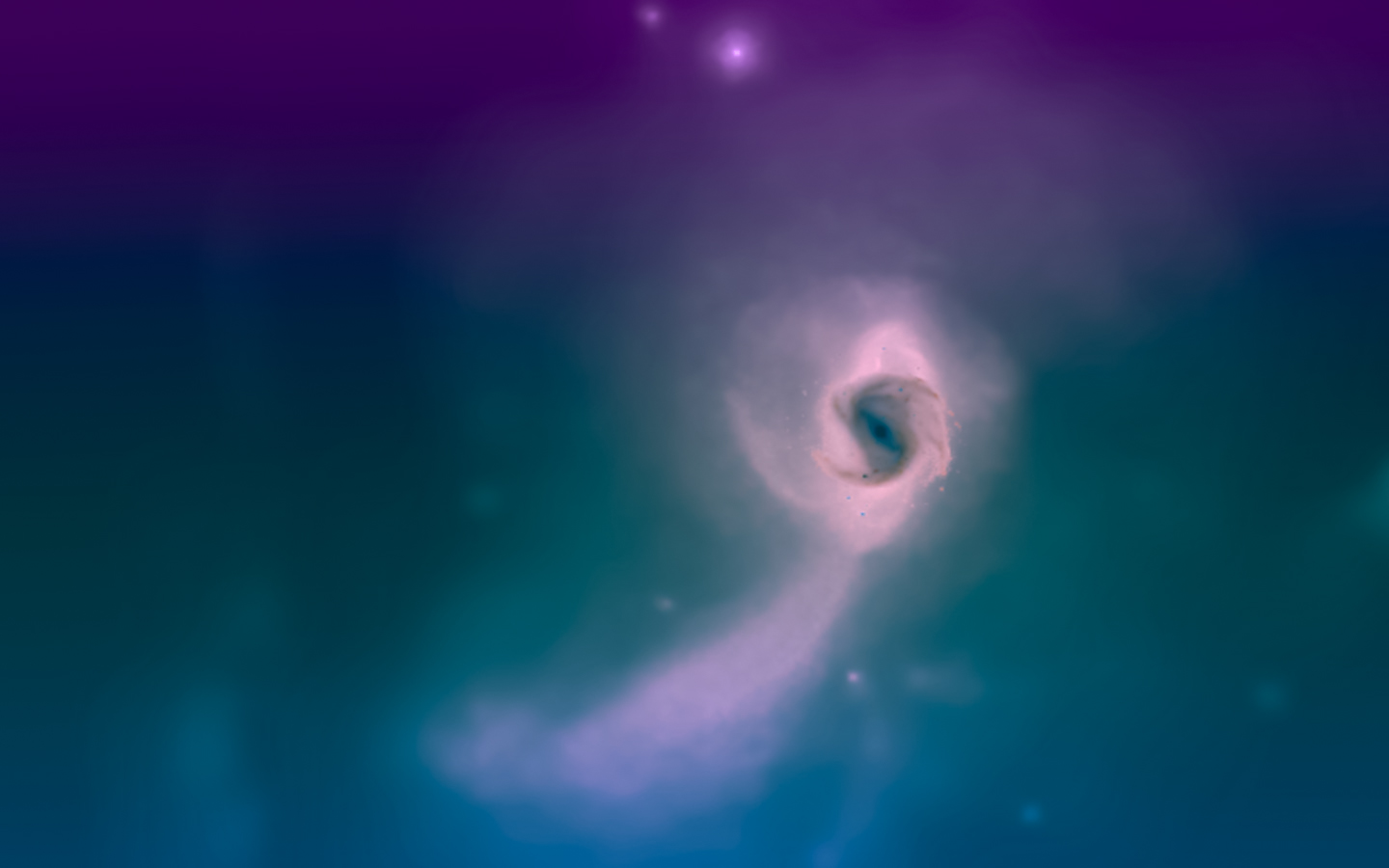ARRAKIHS: A new light on dark matter

The ARRAKIHS Mission
ARRAKIHS at UZH
Swiss coordinator: Prof. Ben Moore (Dept. of Astrophysics)
Theoretical cosmology: Prof. Robert Feldmann (Dept. of Astrophysics)
Header

Swiss coordinator: Prof. Ben Moore (Dept. of Astrophysics)
Theoretical cosmology: Prof. Robert Feldmann (Dept. of Astrophysics)